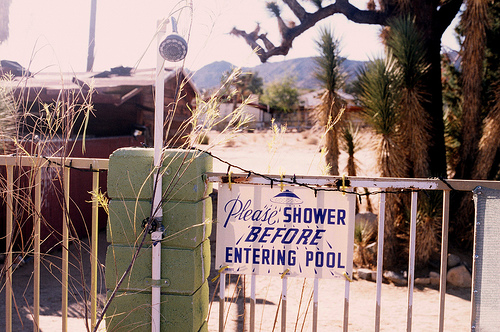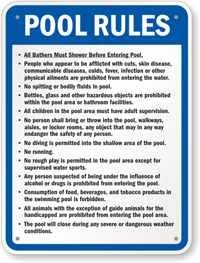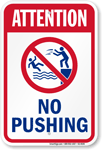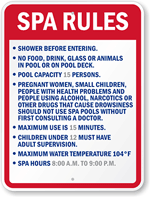Knowing this gross truth about swimming could save you from illness
In early January, the Centers for Disease Control and Prevention released a little-noted report on recreational water illness outbreaks that every swimmer should know about. Recreational water illness happens when a swimmer ingests a pathogen from the water and becomes ill. Often, a few swimmers become sickened by the same pathogen. When that happens, the CDC calls it an outbreak.
Sometimes these pathogens aren’t too serious. They cause intestinal distress or rashes, often without the victim even knowing they’ve been sickened. But RWIs can be much more serious, leading to hospitalization and even death.
In 2009-2010, the latest available CDC statistics, 1,326 people were infected and 62 were hospitalized due to an RWI. The CDC says those statistics are probably on the low side, due to inefficient or incomplete reporting. (Happily, there were no known deaths in that time period.)
Most RWIs happen in poorly maintained pools where the water chemistry has gotten out of whack. A brief water chemistry lesson: Manmade pools typically use chlorine to sanitize the water and kill pathogens that might otherwise infect swimmers.
Chlorine is delivered either manually or automatically. Both are subject to mistakes and failure. When that happens, pathogens can quickly build up in the water, especially if an already sick swimmer is in the pool. One pathogen, known as cryptosporidium, is resistant to normal chlorine levels. It also accounted for more than half of all RWIs in the CDC report.
Now here’s the gross truth: Most RWIs are spread through fecal matter. (In layman’s terms, that’s poop.) It doesn’t take someone literally defecating in the water for infection to spread. Since most people don’t shower before swimming, they naturally carry about .14 grams of fecal matter with them into the pool — enough to spread RWIs. And then there are diaper-aged kids (Don’t even get me started on the problem of swim diapers!) to consider, who are some of the worst offenders.
No matter how it gets into the water, if that fecal matter is diarrheal then it likely contains pathogens just waiting to infect others. That’s why it’s so important for everyone to take a hot, soapy and naked shower before getting into the pool – no exceptions.

Unfortunately, people using outdoor showers like these before and after hopping in the pool are unlikely to wash themselves thoroughly enough. From Flickr’s Chris Carroll.
Of course, most people don’t shower carefully before getting in the pool, so like it or not, you’re often swimming with tiny amounts of feces when you enter a pool. In 2013, the CDC released a report revealing the presence of fecal matter in 58% of public swimming pools.
The best way to protect yourself is to make sure the pool is properly maintained. If you’re at a public pool, it’s a good idea to ask the pool manager how often the water quality is checked and how it’s maintained.
You can also use your nose as a guide. Most people mistakenly think that chlorine has a smell; it does not. If you smell an acrid odor at a pool that burns your nose or eyes, that’s a sign water quality is out of balance, and it’s probably a good idea to steer clear of the pool.











